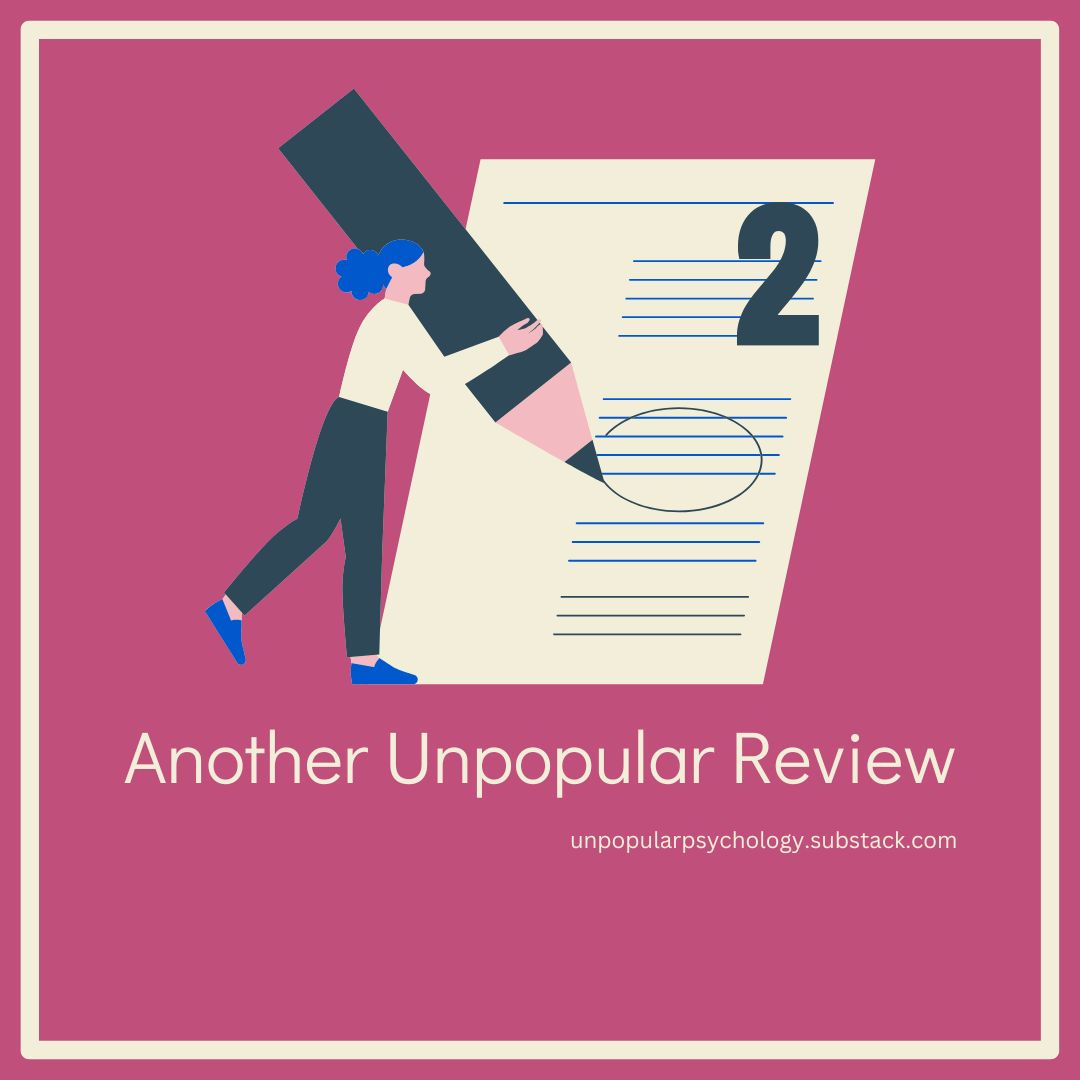Believe it or not, it’s been 2 months since I unleashed Unpopular Psychology on you.
I like to do a review once a month, both for me and Unpopular’s subscribers (last month’s review here). The idea is to pause for a bit, take stock of everything that happened and figure how to best move forward. I do this type of reviewing a lot in my life outside of Unpopular Psychology too. It’s actually one of my great productivity aids. I have a follow-up post coming soon on my ode to productivity, I’ll talk more about this hack then.
Okay coming back to this month’s review. It’s been 2 months of me maintaining Unpopularity. And it’s been 2 months of you voluntarily being part of the Unpopular gang. The gang is growing. We’ve grown by a 100 since our last review. Here’s a snapshot of the subscriber graph since we began ~60 days ago:
Unpopular Psychology has readers across 21 US states and 30 countries which feels nice.
I’m always amazed at the internet and its reach. I am not that old, yet I often feel like a 100-year old who just looks around the world and is astonished at how much everything has changed. I guess some of the astonishment can be explained by just being part of a generation (one of the last ones I think) that bore witness to so many transitions - writing letters to writing emails, talking to chatting, hardcovers to kindle editions, telephones to smartphones, grocery shopping to Amazonian shopping. The only English/American kids I knew growing up were the Famous Five. Where I’m from, in the early 2000s, it was tough to gain access to cultures and people outside of your local world except through books or maybe music. Then the internet arrived, and it changed all of that. I am so thrilled that my words reach so many of you across the world and I find the whole mechanism that makes it happen pretty cool.
I was wondering how best to structure this review and maybe this is one way to do it:
I. Topics Recall
We explored 3 topics last month - the dangers of empathy, why nobody wants to get rid of confirmation bias and, the science and art of morality.
As a reminder mostly to myself and sure, also to everybody reading, I launched Unpopular Psychology as part of my pursuit to truth and freedom. Seeking truth can be a messy affair. Realising freedom is also tough. We are guaranteed freedom of speech but get cancelled every time we try. We are granted freedom of religion but get lynched every time we try. We are told that we are free to assemble but Section 144 is imposed every time we try. I’m not convinced that everybody out there is rooting for our freedom. In fact sometimes it feels like they are clamping down on our many freedoms harder than before.
The easy way to survive all of these inconsistencies is to of course to stay on the safe, popular side. I hope the name of this blog is reflective enough of the route that I prefer to take. It’s not easy but maybe it will be worth it.
II. Some reflections
The article on empathy had a high shock factor. I guess I should have seen it coming? Empathy for too long now has been advocated as the feeling to feel. Telling empathy advocates that the feeling comes with its fair share of negative side effects is like somebody telling me that rationalism is a sub-optimal and highly dangerous way of decision making. I get it. What was encouraging to see was how so many of you were willing to explore this new angle to empathy. A bunch of you wrote to me with what seemed like genuine curiosity, thank you.
The posts on confirmation bias and morality sailed relatively smoothly. If you read the post on morality, you may remember that it had a bit dedicated to moral hypocrisy which spoke about people’s tendency to reap the benefits of being moral without actually bearing the costs. Most found the section helpful except this one chap. He was very disturbed by the idea. I suspect that my example of young liberals who hate Bezos on Instagram but order their slippers from Amazon might have caused it. I was somewhat tempted to send him some stuff on confirmation bias later but wasn’t sure if sending him a second article was a good idea given how much he was already affected by my first.
Overall, output-wise, April was a good month for Unpopular Psychology.
Coming to the process, I struggled a little bit with timelines last month. I am building a new product (unrelated to this newsletter) and so that stream of work competed for the time I otherwise dedicate to Unpopular. So on some weeks, I found myself panting to meet all my self-imposed deadlines. What I think I’ll do going forward is write a few issues together and spread out the publishing. For you, as a reader, there will be no visible difference. The post frequency is still going to be 1x a week. I just thought I’d tell what is going on at the backend, in case you were interested to know but maybe you aren’t. Part of doing something you enjoy is also figuring out what is the most enjoyable way to do it so that is what I am trying to figure at the moment for Unpopular.
III. What’s next?
More Unpopular stuff coming, what else :)
For the month of May, expect Unpopular posts on parenting, polyamory, productivity, coping mechanisms, therapy.
If you have Unpopular topics that you’d like me to write about, leave a comment or drop me an email (if you’re reading this in your inbox, just hit reply and it will reach me).
That’s it.
The next real issue will be out next week, keep an eye out.







Just finished listening to this. Great, and honest, review. You can see why numbers have grown as it really is good quality and thought provoking.